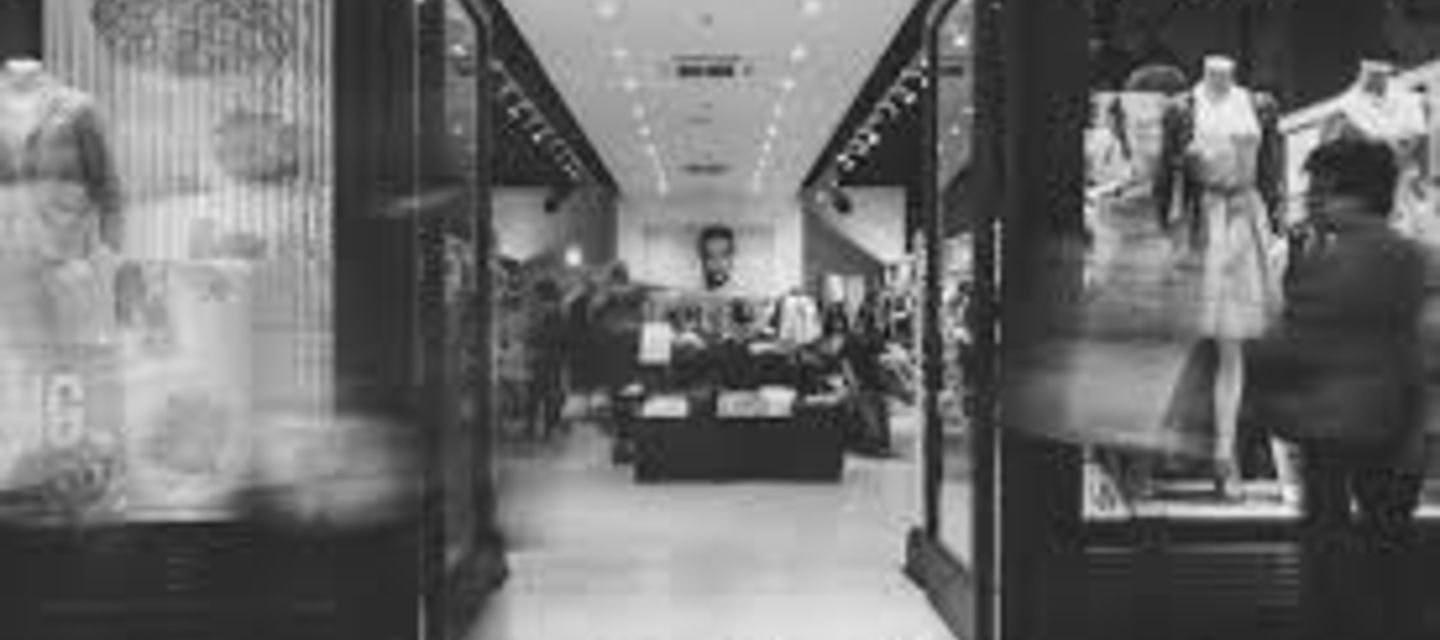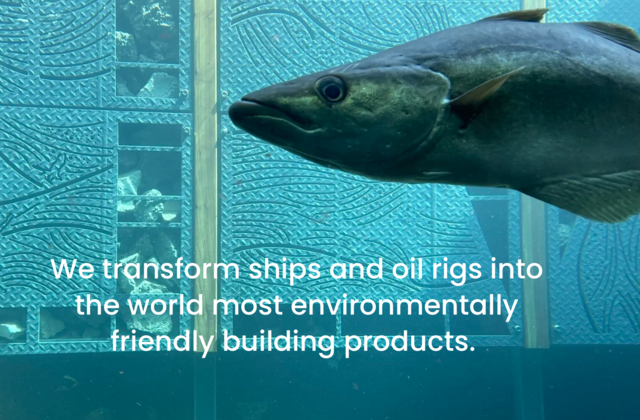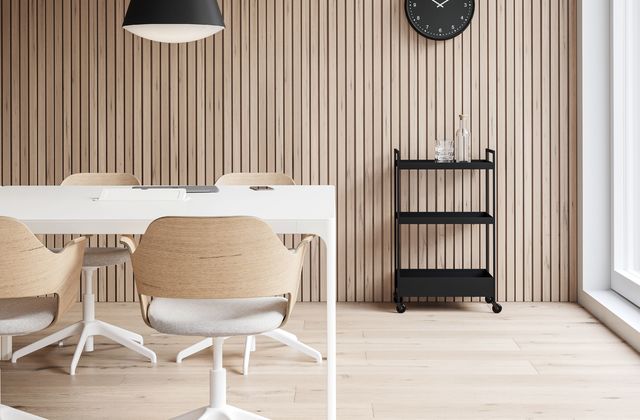What is it? Sook offers short-term (hourly) retail space rental for businesses (Sook, 2020). In addition to providing the storefront, Sook’s service also includes branding, staffing, product storage, modular display units and access to shared furniture.
Why is this important? Commercial spaces are underutilised in urban centres, with retail spaces making up a large percentage of these. In London, for example, a 2018 study estimated there were around 5000 empty retail units, of which almost half of them had been empty for more than two years (Bosetti & Colthorpe, 2018). The trend is primarily due to a shift in shopping habits from bricks and mortar stores to online. Furthermore, the ongoing pandemic worsened the situation, which led to one in five shops being empty (BBC, 2021). Sharing and flexible use of space is necessary to optimise retail space utilisation (Höjer & Mjörnell, 2018). Sook’s pop-up store-as-a-service presents a new way to view commercial space and contribute to a more sustainable urban landscape.
Main resource strategy:
Slowing the loop by extending the useful lifetime of retail space.
Narrowing the loop by optimising the usage of commercial space; sharing furniture assets (Sook, 2020).
Business model aspects:
- Value Proposition: Businesses can sell their goods or services at a prime retail location without being tied down by traditional rental contracts.
- Value Creation & Delivery: Businesses can design their retail space online with customisation in shelving, digital display and furniture. They can then specify the required rental period. Currently, Sook has five stores in the UK (Sook, 2021).
- Value Capture: Sook’s adaptive retail space can be rented at an hourly rate, the price of which depends on what additional services are included in the package (Sook, 2020).
Business model experimentation practices:
Sook launched in May 2019. In September 2019, they won the retail innovation competition organised by Transport for London (TfL). TfL provided Sook free retail space on its estate for 12-month which served as Sook’s pilot site (RTIH, 2019).
Sources:
BBC (2021). Empty shop number rises as covid continues to bite. Accessed 02 September 2021 at: https://www.bbc.com/news/business-58007313
Bosetti, N., Colthorpe, T. (2018). Meanwhile, in London: Making use of London’s empty spaces. Centre for London. Accessed 27 September 2021 at: https://www.centreforlondon.org/reader/meanwhile-use-london/chapter-three/#empty-commercial-properties
Höjer, M., & Mjörnell, K. (2018). Measures and steps for more efficient use of buildings. Sustainability, 10(6), 1949.
RTIH (2019). Sook emerges as Transport for London retail innovation winner. Accessed 28 September 2021 at: https://retailtechinnovationhub.com/home/2019/9/25/sook-emerges-as-transport-for-london-retail-innovation-winner
Sook (2020). How to rent retail space in 2020. Accessed 12 July 2021 at: https://blog.sook.space/blog/how-to-rent-retail-space-2020
Sook (2021). Our spaces. Accessed 28 September 2021 at: https://www.sook.space/spaces
***
About project Circular X
Project Circular X is about ‘Experimentation with Circular Service Business Models’. It is an ambitious research project funded by the European Research Council (ERC) which supports top researchers from anywhere in the world. Project CIRCULAR X runs from 2020-2025. The project is led by Principal Investigator (PI) Prof Dr Nancy Bocken, who is joined by a multidisciplinary team of researchers at Maastricht Sustainability Institute (MSI), Maastricht School of Business and Economics, Maastricht University. The project cooperates with businesses who want to innovate towards the circular economy.
Project Circular X addresses a new and urgent issue: experimentation with circular service business models (CSBMs). Examples of such new business models include companies shifting from selling products to selling services and introducing lifelong warrantees to extend product lifetimes. However, CSBMs are far from mainstream and research focused on experimentation is little understood. The research aims to conduct interdisciplinary research with 4 objectives:
- Advancing understanding of CSBMs; their emergence and impacts
- Advancing knowledge on CSBM experimentation
- Developing CSBM experimentation tools
- Designing and deploying CSBM experimentation labs
Funding source
This project has received funding from the European Research Council (ERC) under the European Union’s Horizon 2020 research and innovation programme, grant agreement No. 850159.
Using of this information
When you refer to this case, please use the following source:
Circular X. (2021) Case study: Sook - Pop-up store as a service. Accessed from www.circularx.eu



